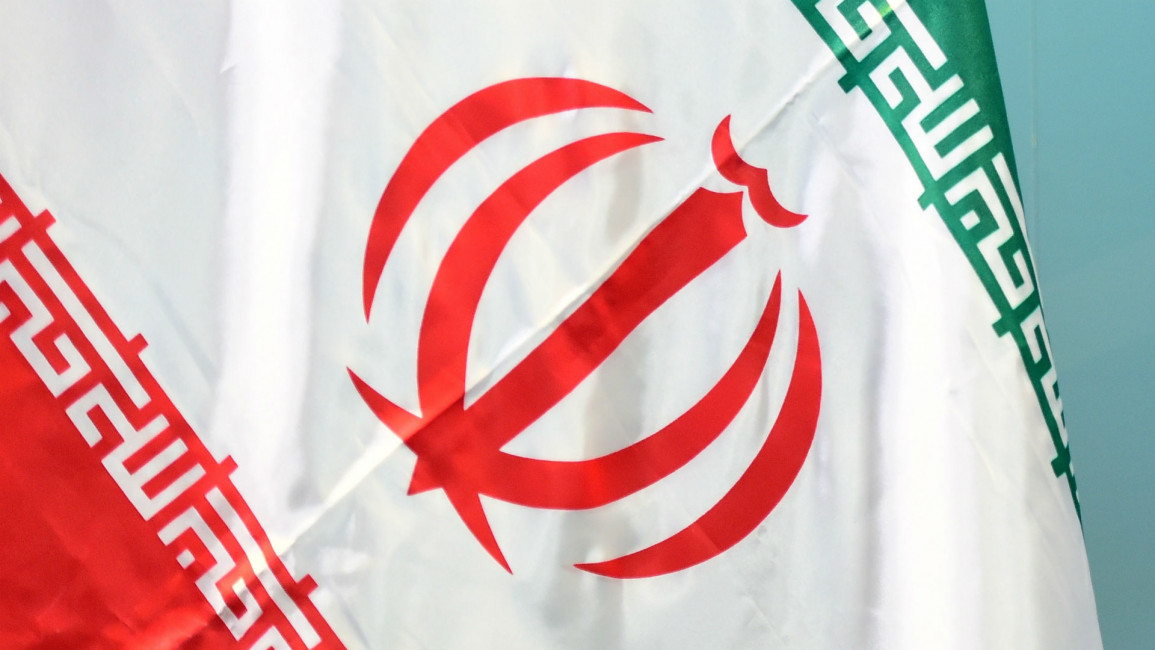"Unfortunately it seems that France has a biased and partisan approach to the crises in the region and this approach, whether intentionally or not, is even contributing to turning potential crises into real ones," Iranian foreign ministry spokesman Bahram Ghassemi said.
Le Drian made his comments while in Saudi Arabia on Thursday, during a visit aimed at resolving the crisis that has unfolded since the shock resignation of Lebanese Prime Minister Saad Hariri earlier this month.
Hariri claimed that he had stepped down due to threats on his life from Hizballah and Iran, however it has been alleged that Riyadh forced Hariri to step down due to his supposed failure to confront the two entities.
Hariri claimed that he had stepped down due to threats on his life from Hizballah and Iran, however it has been alleged that Riyadh forced Hariri to step down due to his supposed failure to confront the two entities.
His resignation, which has not been accepted by Lebanese President Michel Aoun, is widely seen as the latest salvo in an intensifying proxy war between Saudi Arabia and Iran, which back opposing sides in regional conflicts in countries including Syria and Yemen.
"The concerns you express fly in the face of regional realities and are addressed to the wrong side," Ghassemi said in response to Le Drian's comments.
"Ignoring regional realities and echoing baseless concerns that have been pulled out of the air by deluded, warmongering Saudi officials and are aggressive towards Iran do not contribute towards settling the crises in the region in which Saudi Arabia clearly plays a destructive role."
Ghassemi urged the international community to focus instead on "arms sales by some foreign powers to regional countries, which are used in particular in the devastating war in Yemen, and the support being given to Saudi Arabia and its allies, which only makes them more brazen."
Since 2015, Saudi Arabia has led a military coalition against Houthi rebels in Yemen in a bid to reassert the authority of the country'sm president. Riyadh accuses Tehran of backing the rebels, who have also fired missiles into Saudi Arabia.
Tensions have been rising between the two countries over the past week.
On Saturday, Ghassemi responded to remarks from French President Emmanuel Macron with the message that Iran's nuclear deal is non-negotiable.
Macron called for vigilance towards Tehran over its ballistic missile programme and regional activities in an interview published on November 8th by the Emirati daily Al-Ittihad.
"We have told French leaders on several occasions that the Iran nuclear deal is not negotiable and that no other issues can be included in the text" of the 2015 agreement, state news agency IRNA quoted Ghassemi as saying.
France, the foreign ministry speaker said, is "fully aware of our country's intangible position concerning the issue of Iran's defensive affairs which are not negotiable".



